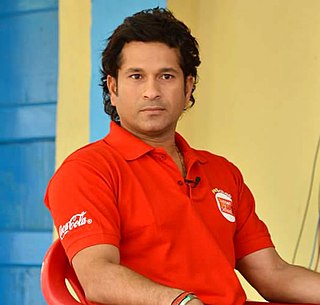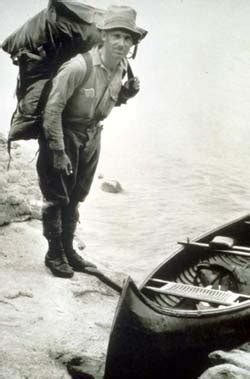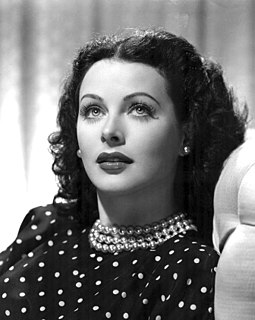A Quote by Edward Abbey
Whenever I see a photograph of some sportsman grinning over his kill, I am always impressed by the striking moral and esthetic superiority of the dead animal to the live one.
Related Quotes
Conscience is the most dangerous thing you possess. If you wake it up, it may destroy you. To live a life of total moral rigor is not necessarily the way to go. It's the path for very few people. Most people need to come up with some kind of middle ground that satisfies their practical, moral, and philosophical esthetic needs.
What I love about the sculpture is that it makes the bones that we are always walking and playing on manifest, like in a world that so often denies the reality of death and the reality that we are surrounded by and outnumbered by the dead. Here, is a very playful way of acknowledging that and acknowledging that and that always, whenever we play, whenever we live, we are living in both literal and metaphorical ways on the memory and bones of the dead.
A photograph never grows old. You and I change, people change all through the months and years but a photograph always remains the same. How nice to look at a photograph of mother or father taken many years ago. You see them as you remember them. But as people live on, they change completely. That is why I think a photograph can be kind.
I try to express with the camera what the story is, to get to the heart of the story with picture. In battle I look at things first in terms of people, second in terms of strategies or casualties... To tell a story, you don't photograph one hundred dead civilians to prove there were one hundred dead civilians. You photograph one dead civilian with an expression on his face that says, This is what it's like if you're a dead civilian in Vietnam.
... these great improvements of modern times are blessings or curses on us, just in the same ratio as the mental, moral, and religious rule over the animal; or the animal propensities of our nature predominate over the intellectual and moral. The spider elaborates poison from the same flower, in which the bee finds materials out of which she manufactures honey.
I think there's a fundamental moral issue about whether it's right for a machine to decide to kill a person. It's bad enough that people are deciding to kill people, but at least they have perhaps some moral argument that they're doing it to ultimately defend their families or prevent some greater evil.
Recreation in the open is of the finest grade. The moral benefits are all positive. The individual with any soul cannot live long in the presence of towering mountains or sweeping plains without getting a little of the high moral standard of Nature infused into his being ... with eyes opened, the great story of the Earth's forming, the history of a tree, the life of a flower or the activities of some small animal will all unfold themselves to the recreationist.
Let's just call things what they are. When a man's love of finery clouds his moral judgment, that is vanity. When he lets a demanding palate make his moral choices, that is gluttony. When he ascribes the divine will to his own whims, that is pride. And when he gets angry at being reminded of animal suffering that his own daily choices might help avoid, that is moral cowardice.
There is a form of poetic and esthetic and moral genius necessary to make philosophical issues truly incandesce for students, and even though I indeed had some world-class professors myself when I went through the curriculum, I rarely saw such gnosic or concretist/poetic passion among them. I am not speaking of broad histrionics or melodramatic delivery, but rather a moral investment of concern, of loving delight and pathos in exposing one's consciousness to the full horrific and magnificent implications of the materials.
I am willing to allow that smoking is a moral weakness, but on the other hand, we must beware of the man without weaknesses. He is not to be trusted. He is apt to be always sober and he cannot make a single mistake. His habits are likely to be regular, his existence more mechanical and his head always maintains its supremacy over his heart. Much as I like reasonable persons, I hate completely rational beings.


































